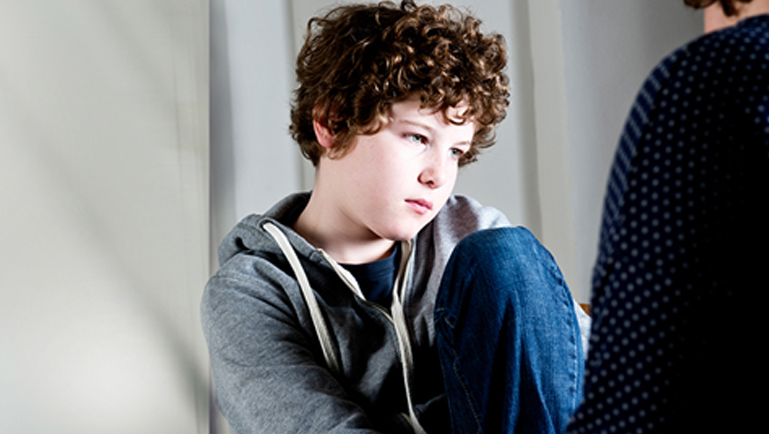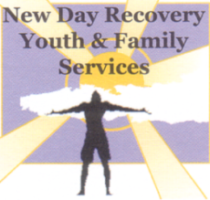Child and Adolescent Behavior Problems
It is expected that children and adolescents will, at some point, have behaviors that are defiant, challenging and problematic. This often is a normal part of growing up. Children and adolescents will test the limits of “permissibility.”
They will challenge authority. They will test life and see what the “real” consequences of behavior are. Yet there are times, when the child and adolescent behavior truly gets out of hand, unmanageable, and even dangerous.
Behavior Disorders
Attention Deficit-Hyperactivity Disorder, Oppositional Defiant Disorder, and Conduct Disorder are three “diagnoses” that children with significant behavioral problems are given. When thinking of behavioral problems, these three are best seen as a continuum from “problem behavior” to “dangerous/criminal behavior.”
Attention Deficit-Hyperactivity Disorder, or ADHD, often includes impulsivity, which usually shows up as problem behavior either at home, at school or both. ADHD usually responds well to stimulant medications. However, a combination of medications and therapy is often more effective. Children and adolescents suffering from ADHD can learn to monitor and control behavior through Behavior Modification and Cognitive-Behavioral Therapy techniques.


Oppositional Defiant Disorder, or ODD, is characterized by behavior that generally goes beyond problems with impulsivity. In ODD, there is often a persistent pattern of tantrums, anger outbursts and general defiance of authority figures. The keyword is “persistent.” Children with ODD have these problems regularly. Children and adolescents suffering from ODD are often irritable and “touchy.”
They have, and express, a lot of anger and resentment. They often deliberately annoy others and have difficulty following rules. ODD sometimes can occur along with other mental health problems such as ADHD and depression.
Conduct Disorder, or CD, represents an escalation in behavior problems even beyond ODD. Children and adolescents with CD usually have behavior problems in 2 or more of these categories:
- Aggressive behavior such as fighting, bullying, and cruelty to animals
- Destructive behavior such as fire-setting and vandalism (destroying the property of others)
- Deceitful behavior such as lying, shoplifting, or breaking into homes or cars
- Violation of rules such as skipping school, running away, and early sexual activity
Children and adolescents with CD often are irritable and show little remorse for their actions. They often are unable to appreciate how their behavior can harm others.
Traumatic Experiences
Sometimes, children and adolescents have behavior problems that are more related to experiences of trauma rather than a behavior disorder such as those discussed above. Indeed, children and adolescents who have been victims of abuse, neglect, sexual abuse and repeated removal from their home are at increased risk for developing behavior problems.
It is important to consider the history of a child or adolescent with behavior difficulties. Often, especially in younger children, traumatic experiences decrease the child’s sense of safety, which can increase aggressive behaviors. In others, anxiety is increased to the point where the child cannot cope and resorts to aggressive or destructive behavior. The general idea is that children and adolescents who have been traumatized often have difficulty turning the “alarm” off in the brain. This often results in impulsive, aggressive and defensive behavior.
What can you do?
The good news is, there is hope! Behavior Modification, Cognitive-Behavioral Therapy and sometimes Trauma-Focused Cognitive-Behavioral Therapy can work for many children and families. Deciding to get outside help with child and adolescent behavior problems is not always an easy decision. Some helpful questions to ask yourself may be, “Does my child…:
- show defiance more than other children?
- have aggressive behaviors?
- lie, steal, run away, or skip school?
- have a history of being physically or sexually abused or neglected?
- appear to have no remorse when he or she does something harmful to others?
- destroy the property of others?
Answering “yes” to several of the above questions may indicate that a child or adolescent is at risk for significant behavior problems.
The New Day Recovery team is here to help, call us for an appointment at (405)-525-0452
